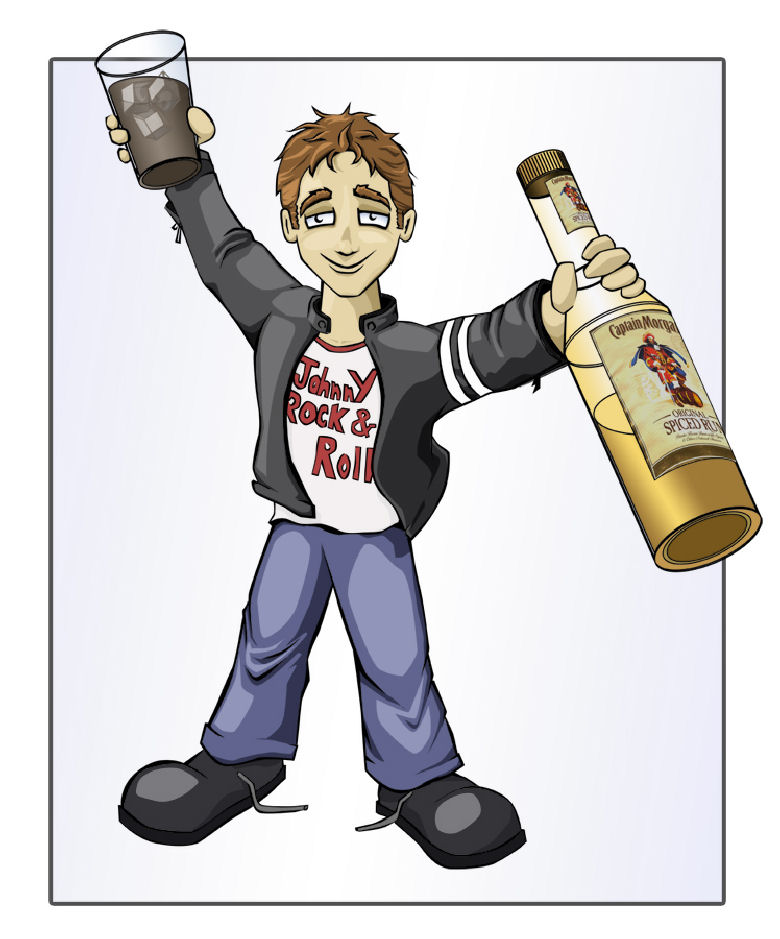221.WHY DOES ALCOHOL CAUSE DRUNKENNESS?
Alcohol is present in our body at all times. After every meal we eat, the carbohydrates, starch and sugar, form alcohol and enter the bloodstream. So there is always about a gram of alcohol circulating in our body.
But what happens if we take in additional alcohol? Alcohol is a narcotic, which is how we describe a substance which enters the nerve cells quickly and tends to paralyze them. But before any narcotic paralyzes, it stimulates nerve cells, putting them in a state of excitement. So alcohol first acts as a stimulant. And in order for alcohol to continue to act as a stimulant rather than as a narcotic, it must be taken into the body in weak solutions.
The first thing alcohol does to the system is stimulate the gastric and salivary glands to produce their juices. That’s why many European people take aperitifs made of spicy wines to stimulate the appetite.
The body absorbs warm alcohol solutions very quickly, and sugar and carbon dioxide speed up absorption, too. Champagne, for instance, contains both sugar and carbon dioxide, which is why it acts so quickly and produces such a stimulating effect.
How does alcohol affect the brain? The first effect is a feeling of stimulation. Action and speech seem to be speeded up. The skin gets redder, blood pressure rises, the heart beats faster, and breathing is quickened.
But alcohol soon exerts a depressing effect on the brain. Our ability to observe, think, and pay attention is affected. As the higher functions of the brain are paralyzed, the power to control moods is lost.
Another serious effect is that inhibitions are relaxed. In our body, there are nerve fibers called inhibitory fibers which act as brakes in the nervous system. They are developed as the result of education and training, and make us disciplined, restrained people.
Under the influence of alcohol, these inhibitory fibers are paralysed, our controls are relaxed, our judgment is unclear, and we are ready to say and do things we would never do if our minds were normal. Alcohol has produced a state of drunkenness!



Leave a Reply